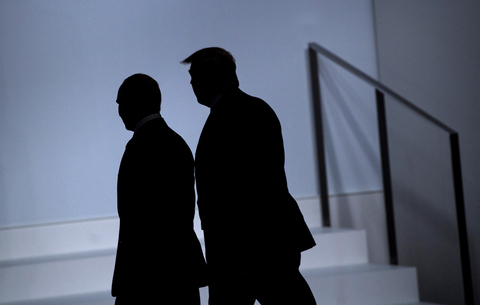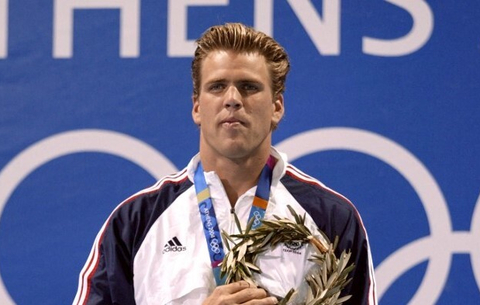The price of lying
The lies and unspoken truths we were treated to during the election campaign have done more damage than even I imagined when last March I asked the parties to tell the truth, because otherwise they would be unable to govern. The price that has been paid is not just the general disgust with the political elites, and it is not just about the loss of confidence in the reform process. It is about a loss of the belief that there is a point to democratic politics. Anything must be better than a market economy and representative democracy!
© Dudás Szabolcs |
Ferenc Gyurcsany couldn't deal with the outrage that followed the leaking of his Oszod speech. He could not explain to voters what a politician goes through when his election campaign is based on his PR team, and he did not apologise immediately and unambiguously. Yet the Oszod speech was somewhere between passionate and cynical, and if he the passionate voice calling for change and clean, clear politics had gained the upper hand, the speech might have boosted the morale of the liberal left.
Orban was neither generous nor statesmanlike. Beyond bringing down the government, he failed to come up with a single clear goal.
Disgust with democracy works as a dangerous self-fulfilling prophecy. Loss of confidence in democratic politics makes it harder for us to relate to the state as a purchaser of serv\ices and to see ourselves as paying users of public services. Without this feeling, however, certain problems become hard to address. There is a moral framework which is under pressure from collapsing public services, from tax evasion, from a collapsing social security system, poor public administration, corruption and the emergence of private fiefdoms. In the end, every man is for himself.
How can we escape from this trap? If things go on, it won't be film studios but social psychology workshops that visit Hungary to study the effects of impotency and lethargy on an entire country. Must dissatisfaction always end up on the streets? Or will the parties get a second wind, somehow managing to come up with an appealing vision of the future with which to entice us?
Gaspar Miklos Tamas recently wrote that the Right was in charge of public life. It is true that the idea of "getting rid of the current lot" is stronger on the Right than on the Left. But the Right's vocabulary and politics are not the same. Whatever they say on the streets, for the moment, Fidesz is not calling for the fall of capitalism and the replacement of representative democracy. Fidesz says nothing. They are not telling us what we would be voting for if we cast a vote for them. They have good slogans, but no vision for the future. The Fidesz congress earlier this month just confirmed this point when Viktor Orban promised that they would "soon" work out some principals for a politics of mutual responsibility.
It is no surprise that the Left is unable to come up with a convincing vision for the future in the midst of its identity crisis. It has no answers to fundamental questions like the ideal size of the state, the meaning and necessity of solidarity, and the relationship between the market and globalisation. Until it does, there will be no interesting ideas from the Left. The Socialist Party is a lobbyists' alliance, and the Gyurcsany government has come up with no real answers. Gyurcsany's attempt to break with the Kadar era came too late and was unconvincing. Balancing the budget is not a vision, and believing in the market is not a real governing idea, since a government just gets in the way of the market. Success is just an empty word for most people.
There is no liberal wing in Hungary - at least the liberals have no ideas, because they are not even trying to choose between the two camps they could address. If they represented the liberal intellectuals, then they could set themselves up as a party of culture and education, claiming to represent the ideals of universal civilisation. Still, they would probably have to abandon their civil liberties platform, because the appearance of the Right on the streets has overstretched the tolerance of the liberal intellectuals. If they present themselves as the champions of a free market, then they could represent economic rationality, the ideals of democracy and competition, though they would have to stop talking about culture. Of course, the Free Democrats could return to their origins, standing for enlightenment and the values of the great liberal thinkers. But let's not get too excited: the party couldn't even choose between Janos Koka and Gabor Fodor. It'll take them a long time to work out what they stand for.
ESZTER BABARCZY
The author is a columnist and cultural researcher.
English version
hvg.hu
2007. május. 20. 16:50
The Fidesz congress
English version
HVG
2007. május. 07. 13:41
Pal Csaky
English version
2007. május. 14. 11:50
Fidesz, Belvaros, Sarkozy
English version
hvg.hu
2007. május. 07. 13:30
No end to dirty tricks
English version
hvg.hu
2007. május. 21. 15:40
Night of the long knives for law and order
English version
hvg.hu
2007. május. 07. 13:59
Opinion
English version
HVG
2007. május. 28. 10:51









